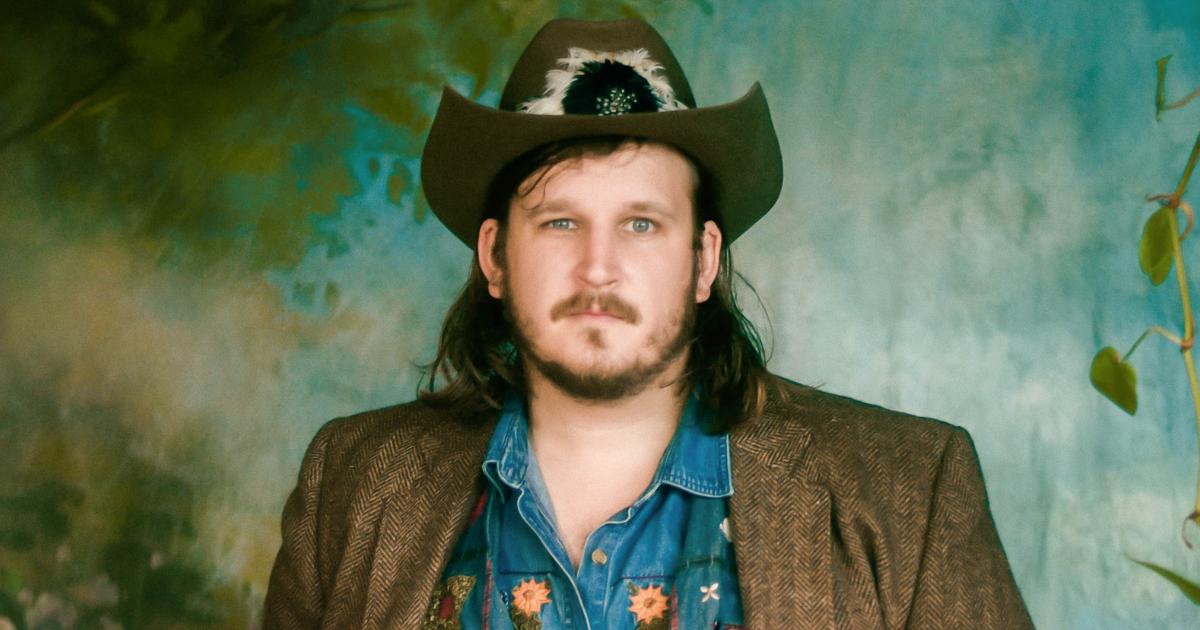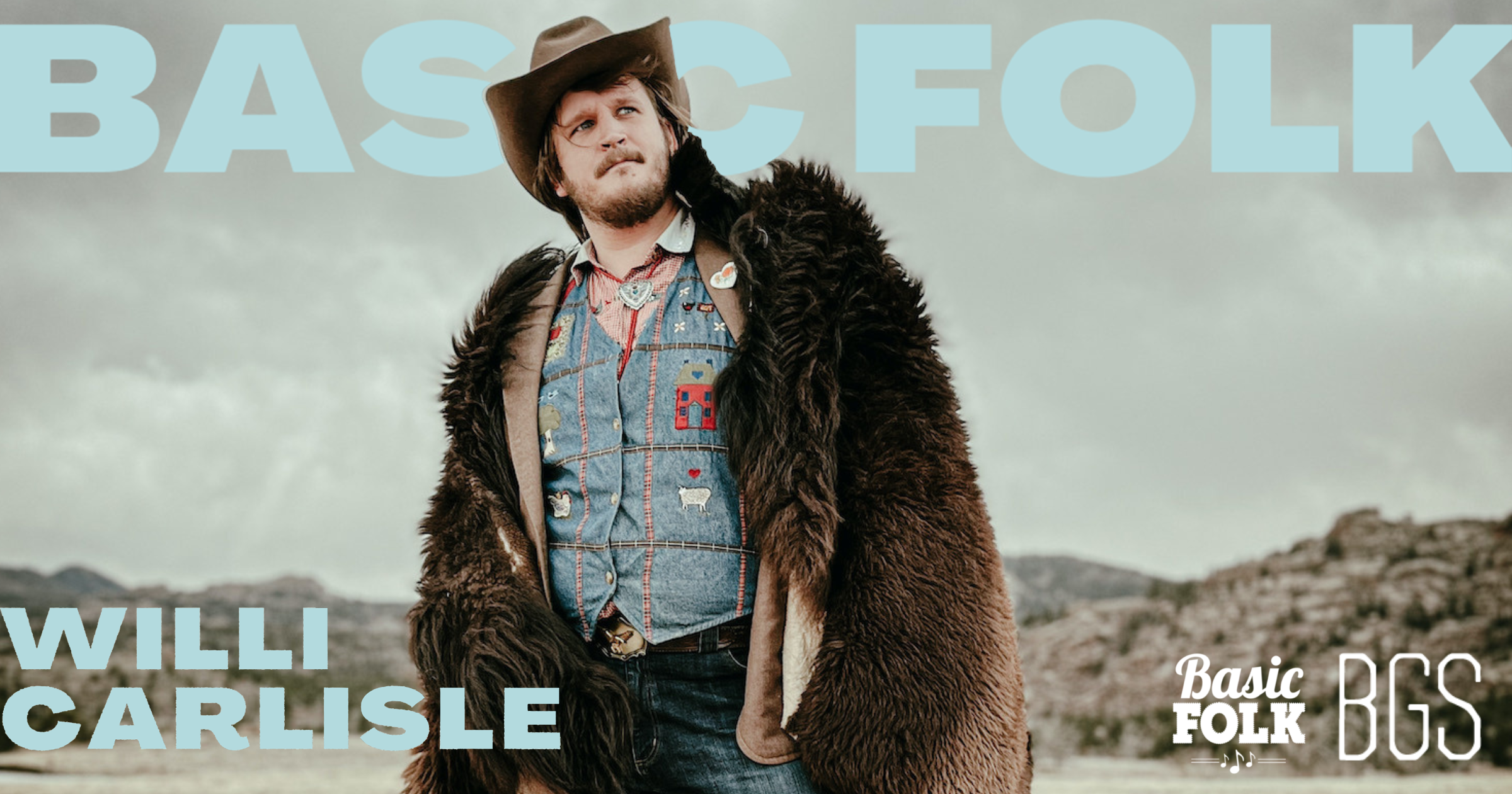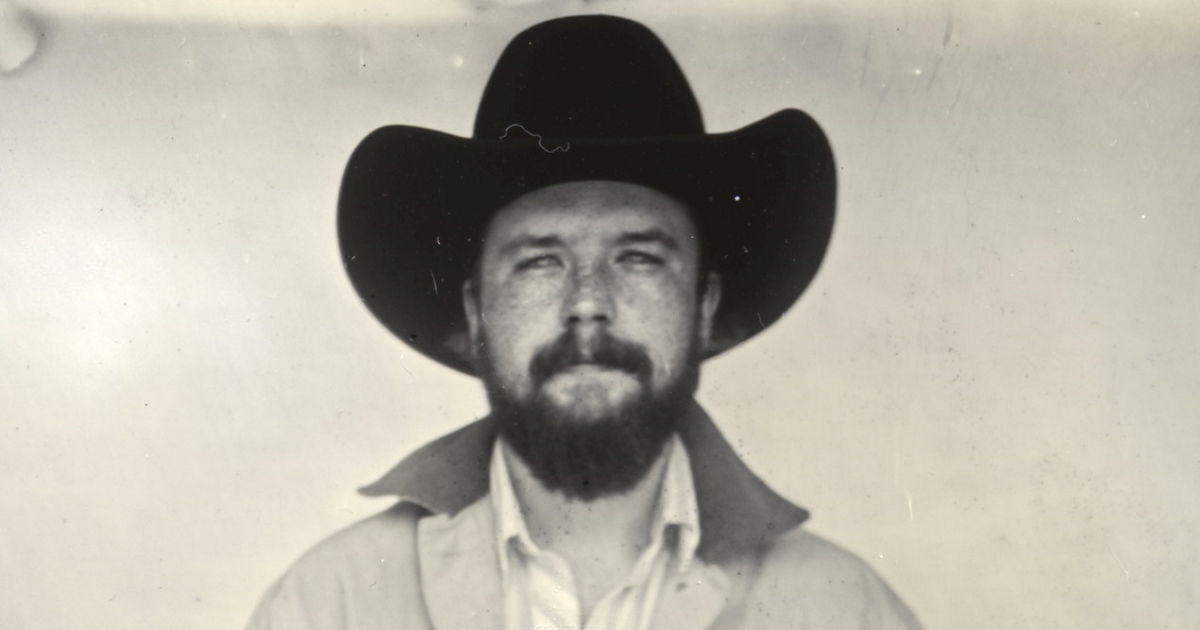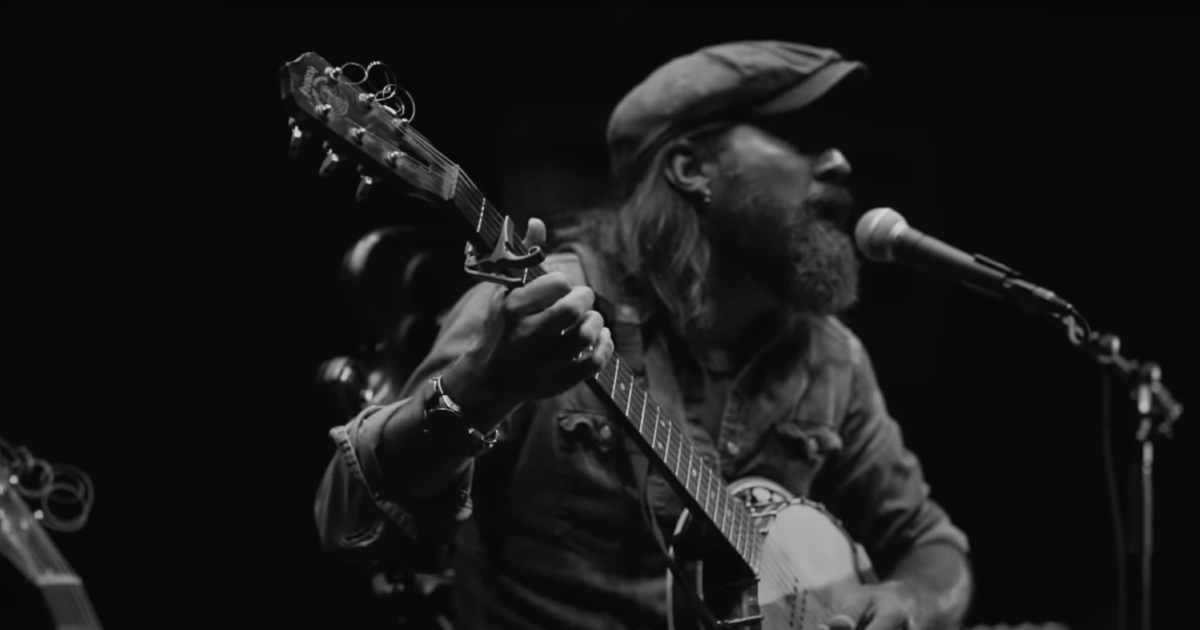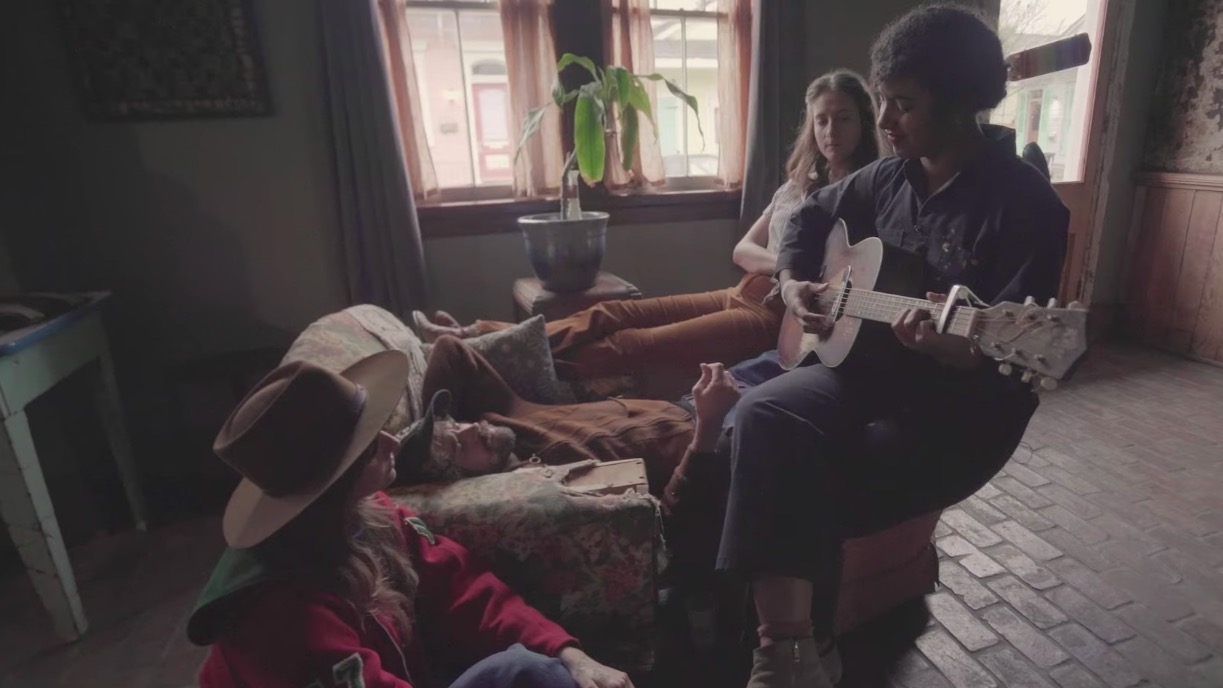On an auspicious Leap Day and the final day of February we want to bid adieu to our Artist of the Month, Willi Carlisle – and as it happens, he’s dropped a brand new music video as if to celebrate the occasion. Shot by Mike Vanata of the hugely popular series Western AF, the performance is tender and haunted, finding redemption – as his entire new album, Critterland, does – in the dark shadows under which so many marginalized and oppressed people and their stories are willfully hidden by our society. He sings:
“Oh I lost friends to heroin
Plenty more to loving them
Strung out on the highway like we couldn’t read the signs
Now that I am older
And burn a little colder
I know how to read between the lines…”
Carlisle doesn’t just know how to read between the lines, he knows how to locate and place entire universes in their gray, amorphous no-man’s-lands – territories all too familiar to the kind of folks who have faced the social and political issues he sings about. Critterland is a gorgeous, cattywampus, hodge-podge of songs, subjects, and stories, pinned together with whimsy and Carlisle’s poetic way of viewing the world. As BGS contributor Steacy Easton put it in their Artist of the Month feature on Carlisle and Critterland, “Carlisle is at his best when limning complex networks of historical figures, news, what is called ‘traditional music,’ contemporary poetics, and the natural world. He is a lyric poet, in the most classical sense.”
On “When the Pills Where Off,” those skills are on full display. Carlisle takes a well-worn country music trope – the genre’s everlasting relationship to substances and their abuse and misuse – and grounds it not only in reality, but in the working class, in the very real, embodied human beings whom he references throughout the song’s lyrics. This is not a song venerating or valorizing drugs as a signifier of authenticity, of “outlaw” country, of legitimacy, whether artifice or genuine. It decries the titular pills, but more than that, it decries the society and culture that requires them.
Carlisle’s music is complicated, nuanced, and resplendent. It offers as deep an intellectual reckoning as its listeners are willing to engage in. Still, there’s an ease to Critterland and its songs. No matter how powerful or indelible these songs’ stories or messages are, they are each, first and foremost, excellent, singable, lovable songs. That they offer so much insight and so much heart, wrapped up in intelligence, subversiveness, and thoughtfulness is simply a bonus.
Photo Credit: Madison Hurley

